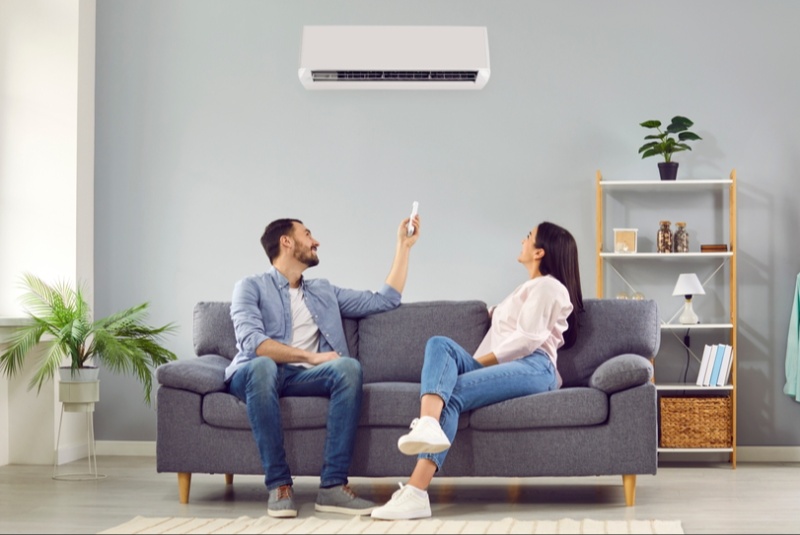With the mercury soaring, the demand for air conditioners (ACs) often skyrockets as well. While this essential appliance can spell the difference between summer bliss and sweltering discomfort, the hefty price tag can leave you hot under the collar. But don’t sweat it; there are ways to keep cool without melting your budget. Here’s how to make smart choices when buying an air conditioner.
1. Know Your Space
Before you start shopping, measure the room where the AC will be installed. The size of the room dictates the cooling capacity needed, measured in British Thermal Units (BTU). An AC unit with too high a BTU for your space will cycle on and off frequently, wasting energy. Conversely, a unit with too low a BTU will struggle to cool the room, burning more electricity in the process. Many online calculators can help you find the right size based on room dimensions.
2. Choose the Right Type
Air conditioners come in various forms, each with its own set of pros and cons.
- Window Units: Cheaper upfront, but generally less energy-efficient.
- Portable Units: Easy to move but can be noisy and less efficient.
- Split ACs: More efficient and quieter but usually more expensive initially.
Choose based on your living situation. For instance, if you’re renting and planning to move soon, a portable or window unit might be a better choice.
3. Hunt for Deals and Discounts
Traditionally, air conditioners are more expensive in the summer, when demand is high. Consider purchasing an AC in the off-season, like late autumn or early spring, to benefit from potential discounts. Many retailers also offer holiday or weekend specials. Black Friday or Cyber Monday could be an excellent opportunity to score a bargain.
4. Check Energy Efficiency
Opt for models with a high Seasonal Energy Efficiency Ratio (SEER). Though they may cost more upfront, they will save you money in the long run through lower electricity bills. A SEER rating of 14 or above is considered efficient. Check for the Energy Star label, which signifies the unit meets or exceeds federal guidelines for energy efficiency.
5. Evaluate Extra Features
Some features, like programmable timers or Wi-Fi connectivity, might be convenient but are often not essential. Weigh the utility of these features against their added cost to find a balance that suits your needs and budget.

6. Consider Installation Costs
While you might be tempted to install the unit yourself, some types like split ACs require professional installation, adding to the overall cost. Get multiple quotes to ensure you’re getting a good deal.
7. Read Reviews and Ask for Recommendations
Product reviews can provide valuable insights into the unit’s performance and longevity. Seek recommendations from friends or family who have recently purchased an AC. They can give you firsthand knowledge that might help you avoid costly mistakes.
8. Opt for Brands with Good After-Sales Service
A cheaper unit from an unknown brand might seem appealing but consider the after-sales service and warranty. Reputable brands often offer extended warranties and have better customer service, saving you money on potential repairs or replacements.
9. Look Into Financing Options
Some stores offer interest-free financing options, allowing you to pay in installments without extra cost. This can ease the immediate financial burden of a pricier but more efficient model.
10. Sell Your Old Unit
If you’re replacing an old air conditioner, consider selling it for scrap or as a second-hand unit. While it won’t fetch a high price, every little bit helps.
Buying an air conditioner doesn’t have to be a wallet-draining experience. By doing your homework and timing your purchase wisely, you can chill out in comfort without giving your finances the cold shoulder.




